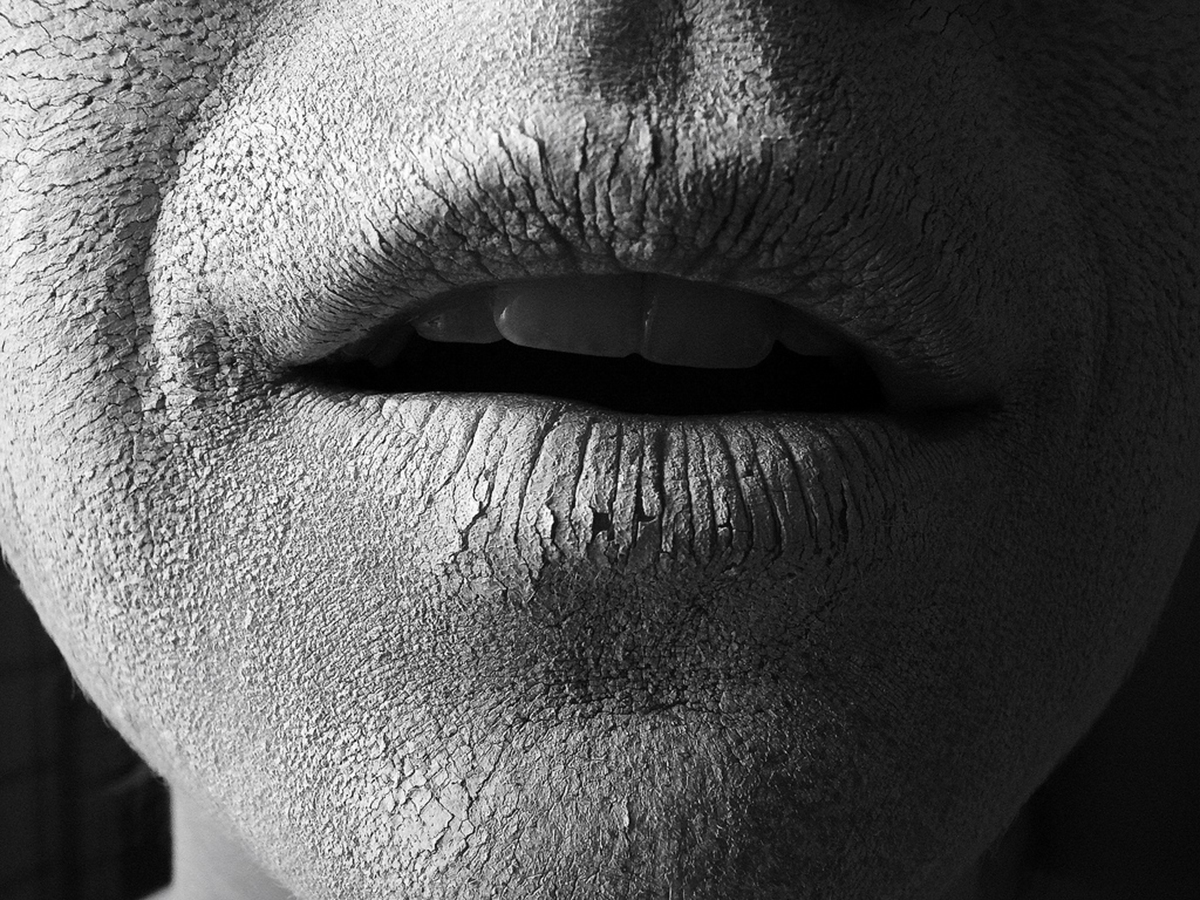Table of Contents
Some conditions are notoriously difficult to diagnose because there are so few clues to go on. The patient presents with a complaint that seems vague and almost superficial in nature with no apparent clinical features. As a doctor, this can be a nightmare. As a patient, it can be supremely frustrating to not have anyone be able to tell you what’s wrong or to keep having to listen to standard boilerplate replies.
Burning Mouth syndrome is one such condition. It is even defined as a chronic condition where the patient complains of a burning sensation in the mouth without any obvious cause.

Symptoms Associated With Burning Mouth Syndrome
The symptoms of burning mouth syndrome can appear suddenly and without warning. The most severe symptom is, of course, a burning sensation in the various parts of the mouth including the palate, the tongue, the inside of the cheeks and even the back of the throat. Other things that people often complain about is a dry mouth, difficulty in eating spices, an altered taste sensation, discolored spots or patches inside the mouth, and a metallic taste in the mouth.
Women are much more likely to develop burning mouth syndrome, with some estimates throwing up a ratio of 10:1, although other studies are more conservative. Characteristically, most people suffering from the syndrome have pain that starts as dull but becomes more and more intense as the day progresses.
Variations in the clinical presentation exist and other people may have severe pain all throughout, pain only occasionally, or pain that disappears on its own after a few weeks.
The age of onset seems to be around middle age for most people, but again, younger people are known to suffer from burning mouth syndrome as well.
Causes Of Burning Mouth Syndrome
Even though the exact causes of the syndrome are as yet unknown, there are some potential situations which researchers are investigating further.
Dry Mouth: A lack of saliva in the mouth can lead to a number of complex issues and a burning sensation in the mouth is one of them. Usually, there is an identifiable reason as to the reason for this lack of saliva formation, which may include a decrease in salivary gland function, infection, inflammation and even trauma.
Fungal Infection: Infection perpetrated by the fungus Candida is most commonly seen in people who wear dentures or are immune compromised. Wearing the denture for prolonged periods of time without taking it out and allowing the underlying tissues to breathe is a common reason to develop this infection. Poor hygiene may also cause it.
READ What Causes Dry Mouth, And What To Do About It
Inherited disorders: Geographic tongue is a common condition associated with burning mouth syndrome. It involves patches on the tongue which change over time and cause a burning sensation in the mouth.
- www.mayoclinic.org/diseases-conditions/burning-mouth-syndrome/home/ovc-20179959
- www.colgateprofessional.com/patient-education/articles/burning-mouth-syndrome
- Photo courtesy of katietegtmeyer: www.flickr.com/photos/katietegtmeyer/3413361556/
- Photo courtesy of academik: www.flickr.com/photos/academik/2522093405/
- Photo courtesy of academik: www.flickr.com/photos/academik/2522093405/

